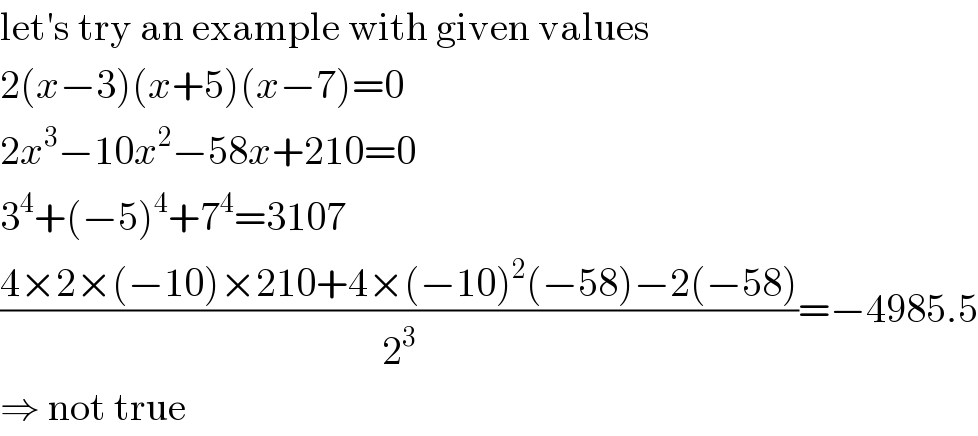
Question and Answers Forum
Question Number 43665 by peter frank last updated on 13/Sep/18

Commented by math1967 last updated on 14/Sep/18

Answered by MJS last updated on 15/Sep/18

Commented by math1967 last updated on 15/Sep/18

| ||
Question and Answers Forum | ||
Question Number 43665 by peter frank last updated on 13/Sep/18 | ||
 | ||
Commented by math1967 last updated on 14/Sep/18 | ||
 | ||
Answered by MJS last updated on 15/Sep/18 | ||
 | ||
| ||
Commented by math1967 last updated on 15/Sep/18 | ||
 | ||